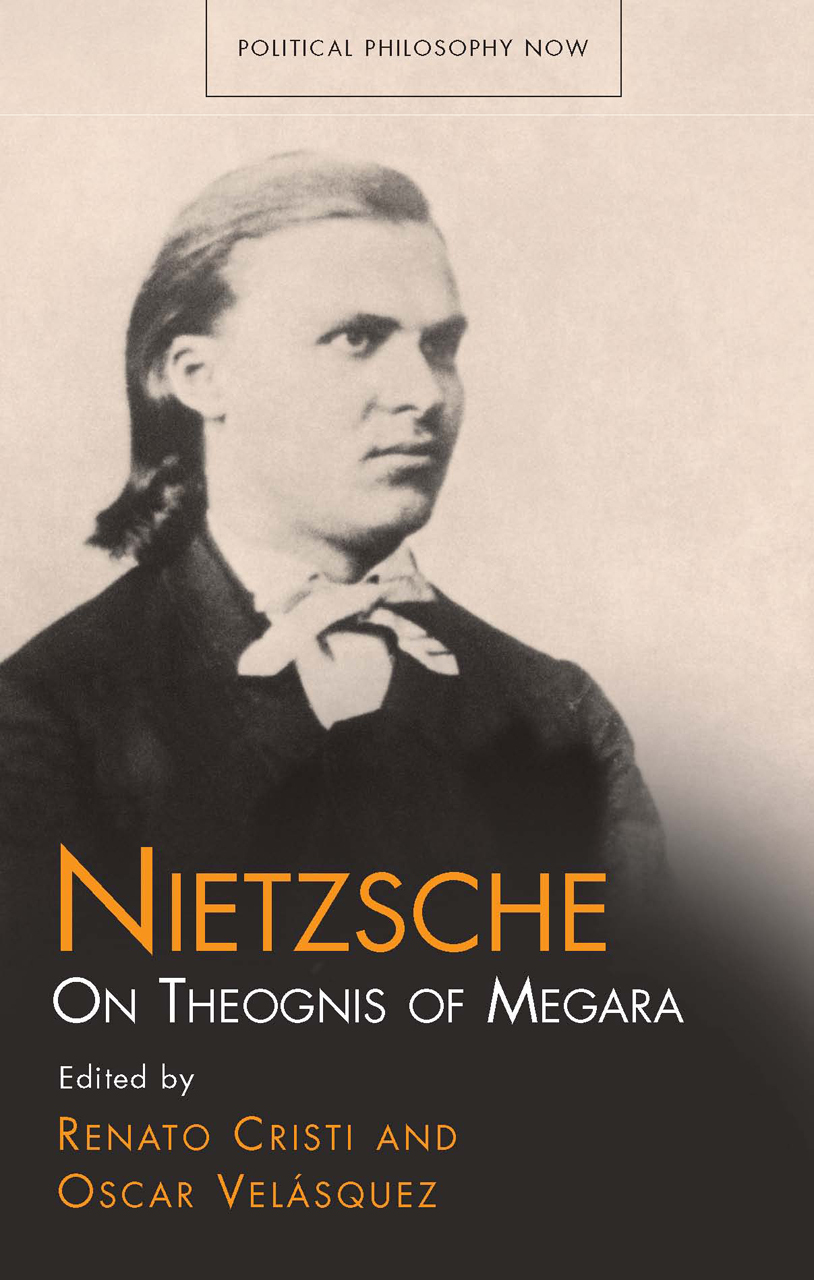


Books in series

Adorno and Critical Theory
1999

Kant and the Theory and Practice of International Right
1999

Michael Walzer on War and Justice
2000

William Morris
The Art of Socialism
2000

Cosmopolitanism and Human Rights
2001

Ernest Gellner and Modernity
2002

In Defence of Multinational Citizenship
2005

Hegel on Freedom and Authority
2005

Monstrous and the Dead
Burke, Marx, Fascism
2005

Modernity Reconstructed
Freedom, Equality, Solidarity, and Responsibility
1900

Ideology
Contemporary Social, Political and Cultural Theory
2006

Rorty's Politics of Redescription
2007

Multiculturalism and Law
A Critical Debate
2007

Groups in Conflict
Equality Versus Community
2008

John Gray and the Problem of Utopia
2009

Deleuze and Guattari
Aesthetics and Politics
2009

Imperfect Cosmopolis
Studies in the History of International Legal Theory and Cosmopolitan Ideas
2011

Politics and Metaphysics in Kant
2011

Poverty, Ethics and Justice
2011

Kant on Sublimity and Morality
2012

Identity, Politics and the Novel
The Aesthetic Moment
2013

Politics and Teleology in Kant
2014

Nietzsche
On Theognis of Megara
2015
Authors
Hendrik Petrus Pienaar Lötter, known as Hennie. Prof. in Philosophy, Univ. of Johannesburg; research interests mainly in political philosophy, focussing on issues of justice. http://lccn.loc.gov/nr94027085

Ian Fraser is a South African playwright, writer, and comedian, now living in the USA. His memoir, My Own Private Orchestra, published by Penguin Books, was nominated for the CNA Literary Award in 1994. His plays won a variety of national South African Literary and Theater prizes. Recently, his plays were produced at the Brown/Trinity Playwrights Repertory Theater in Providence, RI and at Garioch Theatre Festival in the United Kingdom. Fraser was a nationally-syndicated columnist for the Johannesburg daily The Star, and wrote a weekly "Fraser's Razor" column for the Mail and Guardian.